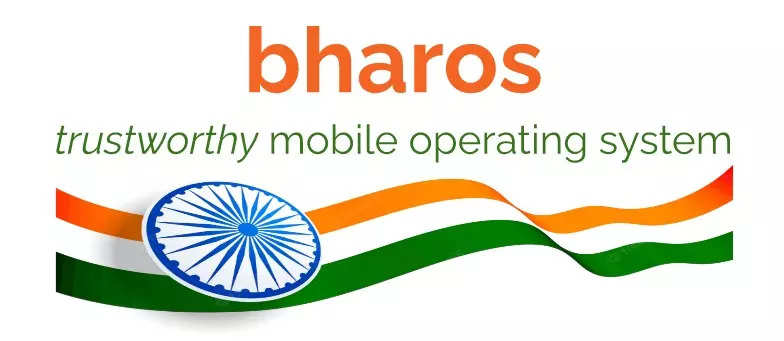
[ad_1]
“Congratulations to everyone involved in developing the system. For the very first time when our Prime Minister Narendra Modiji talked about digital India 8 years ago, some of our friends mocked him, but today, technocrats, innovators, industries and policymakers, and academic institutions of the country have accepted his vision after eight years,” Pradhan said.
“There will be difficulties in this journey and there are many people around the world who will bring difficulties and will not want any such system to be successful,” Vaishnav said.
What is BharOS
BharOS is an Indian government-funded project to develop a free and open-source operating system (OS). The project aims to reduce the dependence on foreign OS in smartphones and promote the use of locally developed technology.
BharOS comes with No Default Apps (NDA). This means that there are no default apps.Users can download the apps they want to use. The idea is to allow users to have more control over the permissions that apps have on their device, as they can choose to only download apps that they trust to access certain features or data on their devices.
The OS provides access to trusted apps from organisation-specific Private App Store Services (PASS). A PASS provides access to a curated list of apps that is said to be thoroughly vetted and meet certain security and privacy standards.
How is it different from Android and Apple iOS
BharOS is based on the Android Open Source Project (AOSP). This makes it somewhat similar to Google’s Android operating system. iOS is Apple’s proprietary OS and BharOS has no similarity with it per se.
The big difference between Android and BharOS is that the latter does not come with any Google services or apps. BharOS just does not have any pre-installed apps. This gives users the flexibility to download any app of their choice. BharOS users can download APK files that can be found on the internet of the apps they want to use. But yes, APK files can be potentially dangerous and Google on its part asks users not to download APK files.
What is not known about BharOS
BharOS can run virtually on all Android apps. However, the company has not so far announced how it plans to reach out to smartphone players. It is also not clear when the operating software will be available to the public. Also, if the OS will be released for regular smartphone users at all or not.
Who is using BharOS currently
BharOS Services are reportedly currently being tested by some organisations that have stringent privacy and security requirements and whose users handle sensitive information that requires confidential communication on restricted apps on mobiles. Such users require access to private cloud services through private 5G networks.
The company behind BharOS
The BharOS has been developed by JandK Operations Private Limited (JandKops), which has been incubated by IIT Madras Pravartak Technologies Foundation, a Section 8 (Not for Profit) Company established by IIT Madras. The Foundation is funded by the Department of Science and Technology (DST), Government of India, under its National Mission on Interdisciplinary Cyber-Physical Systems (NMICPS).
“BharOS Service is a Mobile Operating System built on a foundation of trust, with a focus on providing users more freedom, control, and flexibility to choose and use only the apps that fit their needs. This innovative system promises to revolutionise the way users think about security and privacy on their mobile devices,” said Professor V Kamakoti, director, of IIT Madras.
“IIT Madras looks forward to working closely with many more private industries, government agencies, strategic agencies and telecom service providers to increase the usage and adoption of BharOS in our country,” he added.
[ad_2]
Source Link
